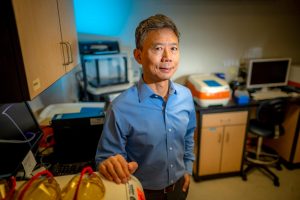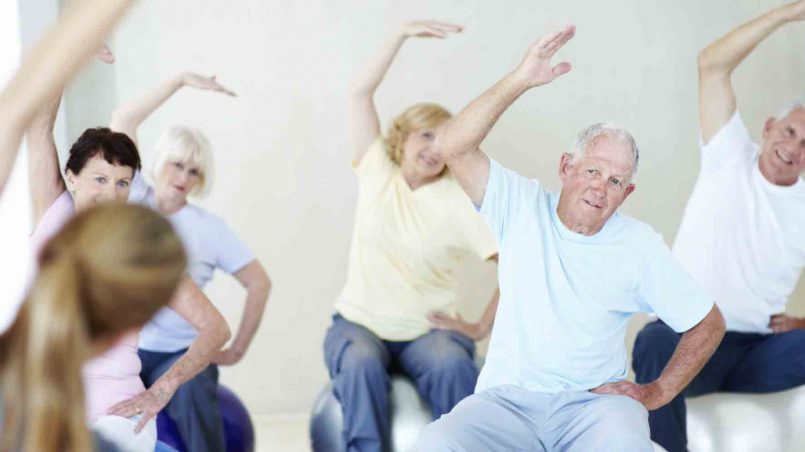The history of chocolate

Photo Credit: Stocksy/Cameron Whitman
If you can’t imagine life without chocolate, you’re fortunate you were born after the 16th century. In the past, chocolate only existed in Mesoamerica as a bitter, foamy drink. Historically, not only chocolate has been used to associate with mood-lifting, but also provides scientifically supported physical health benefits.
The secret of chocolate
Flavanols, are a group of compounds that is the most abundant in cocoa, have strong antioxidant and anti-inflammatory effects that protect our cells from damage. As a result, consuming cocoa could help us age well and minimize our risk of getting cardiovascular diseases and cancer, and other diseases.

Video:Healthy Cocoa: The Story of Cocoa Flavanols
Can Consuming Cocoa Help Us Age Better?
Dr. Yanbin Dong, a geneticist at the Medical College of Georgia, and his team are looking for answers to prove the effeteness of cocoa. They studied the blood of 600 individuals aged 60 and older who participated in the world’s largest experiment to evaluate the efficacy of a cocoa supplement as well as multivitamin on reducing heart disease, stroke, and other diseases.

Dr. Yanbin Dong. Credit: Mike Holahan, Augusta Chronicle
“People believe that eating chocolate is good for you,” Dong said, adding that global enthusiasm for the sweet treat has outpaced scientific evidence of its benefit in humans.
The COSMOS Trial (COcoa Supplement and Multivitamin Outcomes Study), led by Brigham and Women’s Hospital and the Fred Hutchinson Cancer Research Center, collected data from 21,444 men and women to analyze The impact of a cocoa extract supplement and/or multivitamins on common health problems.
Inflammation is a major factor in ageing and common conditions such as heart disease, stroke, Alzheimer’s disease, cancer.
Dong and his colleagues will focus on ageing, including so-called “inflammaging” and epigenetic ageing, which are both considered good indicators of our biological age. Biological age considers key factors that influence your health and wellbeing, such as genetics and lifestyle, rather than just the year you were born. He also performs more standard ageing tests on these people, such as blood pressure and cognitive function tests.
From the study, dark chocolate, in particular, is frequently appreciated for its health benefits as a natural and good source of antioxidants, as well as iron, copper, and other heart-healthy nutrients. According to Dong, eating chocolate has been shown to lower cholesterol, blood pressure, cognitive decline, and boost the immune response to invaders such as the coronavirus.

video : Cocoa: Food of the Gods | Simon TEDxUniversityofGroningen
As a result, not all chocolate gives health benefits. It is specifically the cocoa in chocolate that has been linked to positive outcomes–the higher the percentage of cocoa, the more active compounds that are present to provide health benefits.
Written by Yeonjun Choi




